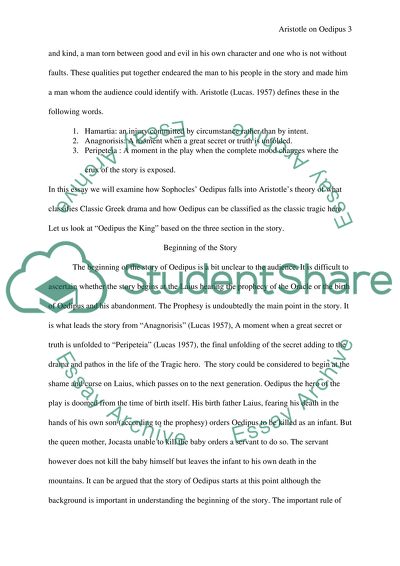Cite this document
(“How Sophocles' Oedipus exemplifies or refutes Aristotle's definition Research Paper”, n.d.)
Retrieved from https://studentshare.org/literature/1443753-explaining-how-sophoclesyie-oedipus-exemplifies-or
Retrieved from https://studentshare.org/literature/1443753-explaining-how-sophoclesyie-oedipus-exemplifies-or
(How Sophocles' Oedipus Exemplifies or Refutes Aristotle'S Definition Research Paper)
https://studentshare.org/literature/1443753-explaining-how-sophoclesyie-oedipus-exemplifies-or.
https://studentshare.org/literature/1443753-explaining-how-sophoclesyie-oedipus-exemplifies-or.
“How Sophocles' Oedipus Exemplifies or Refutes Aristotle'S Definition Research Paper”, n.d. https://studentshare.org/literature/1443753-explaining-how-sophoclesyie-oedipus-exemplifies-or.


